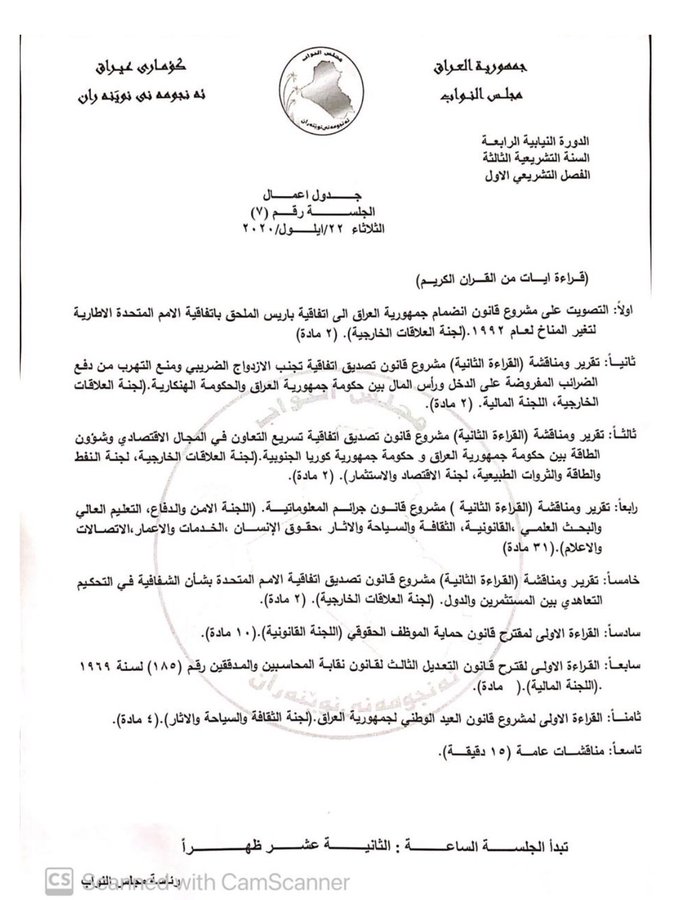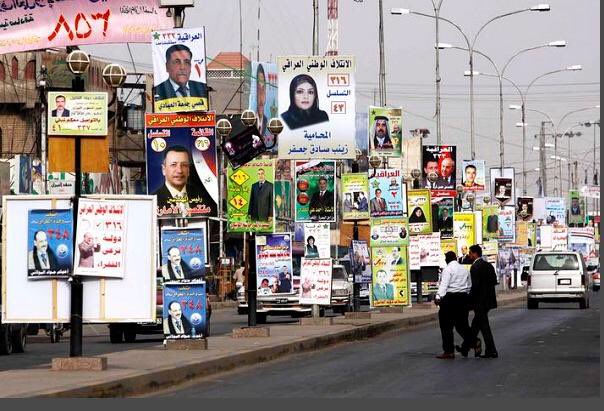Audiences didn’t watch the Primetime Emmys on Sunday, which sank to a new low of 6.1M viewers, but there was something that kept their eyes glued in the 24 hours following the awards show: the trailer for Disney+/Marvel’s WandaVision.
We hear that the trailer in the 24 hours following its Emmy broadcast netted a massive 53M views online. That is believed to be the highest 24-hour draw online ever for a streaming service’s series ad spot.
“That’s in a league with Avengers and Fast & Furious franchises following a Super Bowl drop in a day,” entertainment social media monitor RelishMix tells Deadline tonight.
That's not a surprise. We've been waiting forever for WANDAVISION. It's the only reason I haven't unsubscribed to DISNEY+. They've offered no new content that I've cared for except the six episode MUPPETS NOW.
As we get a look at WANDAVISION, we learn that another superhero show is ending: SUPERGIRL. THE CW has announced that this season, season six, will be its last.
I never could get into that show. It was the equivalent of reading a Bobsey Twins book. Too juvenile, too embarrassing.
Trivia: Do you know the quote? The title is a quote. In the 90s, when I was in college, we had one professor who did a local one-woman show. It was horrible. And mixed media! It opened and closed with video, a scene from the 80s show DYNASTY. Where the character Claudia declared, "One life ends and another begins, little Lindsay." The one-woman show was a nightmare, by the way. She called it Mad Women In The Attic. If you need more laughs, I'll write about that show in full some time.
Going out with C.I.'s "Iraq snapshot:"
Tuesday, September 22, 2020. Another passing, professor Stephen F. Cohen, elections remain a mess in the US and in Iraq, and more.
Starting the US where Stephen F. Cohen passed away September 18th. The professor was married to THE NATION's Katrina vanden Heuvel. Katrina writes:
Through all our years together, Steve was my backbone, fortifying me for the battles Nation editors must wage (often with their own writers, sometimes including Steve!), and giving me the personal and political courage to do the right thing. But never more so than when we entered what might be called the “Russiagate era.”
While Steve liked to say it’s healthy to rethink, to have more questions than answers, there was a wise consistency to his political analysis. For example, as is clear from his many articles in The Nation in these last decades, he unwaveringly opposed American Cold War thinking both during the Cold War and since the end of the Soviet Union. He was consistent in his refusal to sermonize, lecture, or moralize about what Russia should do. He preferred to listen rather than preach, to analyze rather than demonize.
This stance was no recipe for popularity, which Steve professed to care little about. He was courageous and fearless in continuing to question the increasingly rigid orthodoxies about the Soviet Union and Russia. But in the last months, such criticism did take its toll on him. Along with others who sought to avert a new and more dangerous Cold War, Steve despaired that the public debate so desperately needed had become increasingly impossible in mainstream politics or media. Until his death he’d been working on a short article about what he saw as the “criminalization of détente.” The organization he established, the American Committee on East-West Accord, tried mightily to argue for a more sane US policy toward Russia.
He fared better than I often did confronting the controversies surrounding him since 2014, in reaction to his views on Ukraine, Putin, election interference, and more. Positions he took often elicited slurs and scurrilous attacks. How many times could he be labeled “Putin’s puppet”? “Putin’s No.1 American apologist”? Endlessly, it seemed. But Steve chose not to respond directly to the attacks, believing -- as he told me many times when I urged him to respond -- that they offered no truly substantive criticism of his arguments, but were merely ad hominem attacks. What he did write about -- he was increasingly concerned about the fate of a younger generation of scholars -- was the danger of smearing those who thought differently about US policy toward Russia, thereby silencing skeptics and contributing to the absence of a needed debate in our politics, media, and academy.
Cohen called out the attempts to rebuild The Cold War and saw this taking place while Barack Obama was still president. We spoke of this after Ed Snowden was in Russia trapped at the airport. He was a strong voice and a great thinker. At CONSORTIUM NEWS, Gilbert Doctorow notes:
A year ago, I reviewed his latest book, War With Russia? which drew upon the material of those programs and took this scholar turned journalist into a new and highly accessible genre of oral readings in print. The narrative style may have been more relaxed, with simplified syntax, but the reasoning remained razor sharp. I urge those who are today paying tribute to Steve, to buy and read the book, which is his best legacy.
From start to finish, Stephen F. Cohen was among America’s best historians of his generation, putting aside the specific subject matter that he treated: Nikolai Bukharin, his dissertation topic and the material of his first and best known book; or, to put it more broadly, the history of Russia (U.S.S.R.) in the 20th century.
He was one of the very rare cases of an historian deeply attentive to historiography, to causality and to logic. I understood this when I read a book of his from the mid-1980s in which he explained why Russian (Soviet) history was no longer attracting young students of quality: because there were no unanswered questions, because we smugly assumed that we knew about that country all that there was to know. That was when our expert community told us with one voice that the U.S.S.R. was entrapped in totalitarianism without any prospect for the overthrow of its oppressive regime.
Caitlin Johnstone (ICH) observes, "In a world that is increasingly confusing and awash with propaganda, Cohen’s death is a blow to humanity’s desperate quest for clarity and understanding." RT's CROSSTALK BULLHORNS addressed his legacy and the legacy of Ruth Bader Ginsburg.
And CONFLICTS OF INTEREST explore Cohen's legacy and peace activist Kevin Zeese's legacy.
In the US, the presidential election is weeks away. Will Democratic Party nominee Joe Biden make it to the finish line? THE NEXT NEWS NETWORK has some video that makes you wonder.
Grasp that this is after weeks of resting and, yes, hiding. In Iraq, parliamentary elections are being floated for June 6th. Over the weekend, Prime Minister Mustafa al-Kadhimi met with Speaker of Parliament Mohamed al-Halbousi to stress the need to work towards getting an election law passed. Is everyone on board for elections? Apparently not. Hayder Tweets:
The stalling in Parliament comes as a ceremonial figure jumps into the conversation. Mina Aldroubi (THE NATIONAL) reports:
Iraq needs reforms, security and stability before it can hold a free and fair election, President Barham Salih cautioned on Sunday after the government said it plans an early national poll.
The administration of Mustafa Al Kadhimi said in July that early elections will be held next June, a year before the current parliamentary term ends. It has been a key demand of many of the anti-government protesters on the streets since last October.
"Reforms requires political will and the holding of early, free and fair elections that will give priority to public opinion and demands and are away from the power of arms, fraud and interference," he said during a conference on combating violence against women.
Is Salih afraid he won't hold on to power? The new elections would mean someone being named prime minister and someone being named president. Is Salih afraid he doesn't have the support to continue as president?
The following sites updated:


No comments:
Post a Comment